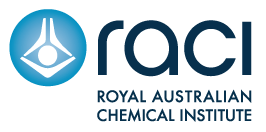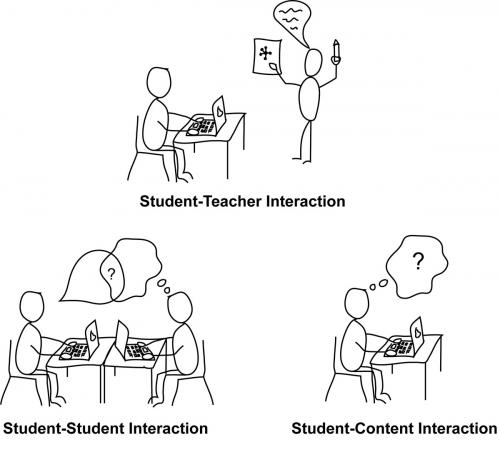Engaging students in the process of independent active-learning within blended learning environments requires careful integration of multiple instructional scaffolding strategies. The aim is to engage students in the process of learning without any synchronous student–teacher interactions or feedback. Hence, the focus during instructional design is on the student–content interactions. In this study, a Predict–Observe–Explain– Evaluate (POEE) framework has been developed to maximise the ways in which students interact with two learning modules addressing concepts of phase change and heat energy (Al Mamun M.A., Lawrie G., Wright T. Comput. Educ. 2020, 144, 103 695, https://doi.org/10.1016/j.compedu.2019.103695). Representations of chemical concepts in the form of simulations provide interactivity and four types of scaffolding prompts are embedded to guide students through activities. These prompts include cognitive conflict questions, question prompts (reflective, elaborative and procedural), concept check questions, and confidence check questions. Critical elements of the scaffolding that facilitated student engagement and learning was found to be the provision of immediate feedback, which required a response by students, and question prompts. The latter were observed to play a valuable role in sustaining students’ exploration of self-regulated inquiry activities. The findings of this study have enabled the conceptualisation of a multimodal scaffolding strategy for self-directed inquiry.


The Royal Australian Chemical Institute's magazine for and about the chemical science professions

